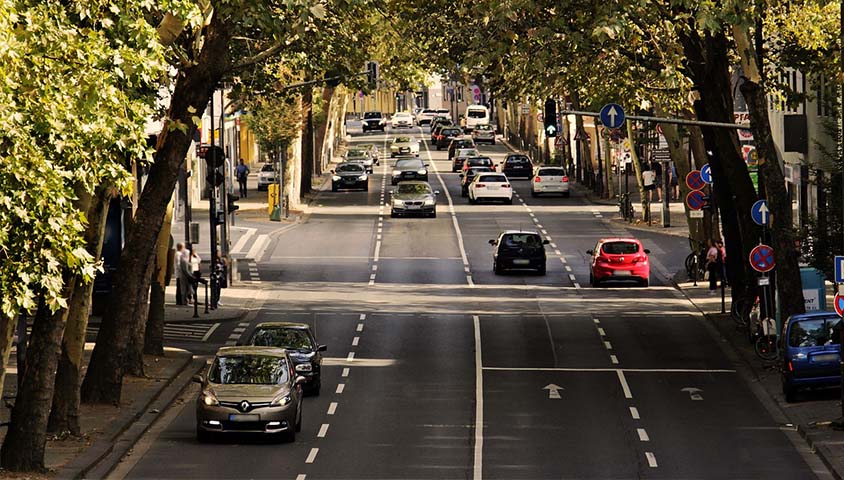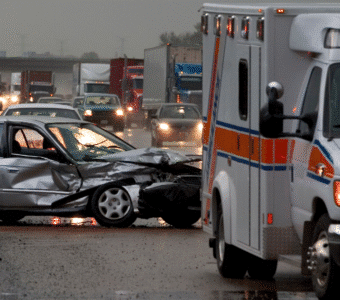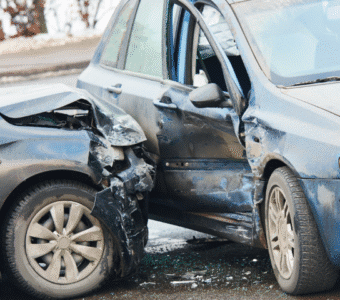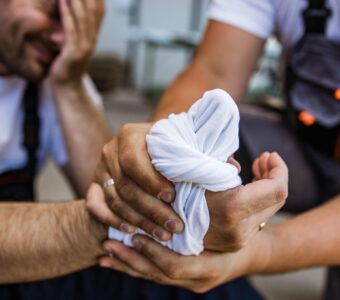
Uber Accident Statistics You Need to Know
In what almost seems like a trend or fad, Uber stickers are increasingly common in the windows of cars, trucks, and SUV’s on Georgia roadways. We know that ridesharing continues to gain popularity, and in Atlanta, many locations offer incentives for visitors using these services. Want to have a drink after work? Many restaurants and bars offer a discount by using Uber or Lyft from their location.
And while calling an Uber may help you avoid a DUI, is it really safer than other modes of transportation? Let’s take a look at some Uber accident statistics.
Uber Accident Statistics
Prior to 2010, fatal auto accident rates hit their lowest in more than a half century. In 2010, the total number of traffic fatalities was 32,885, which was the lowest it had been since 1949. Those numbers have increasingly risen since. Uber was launched in 2009 and Lyft in 2012. So, does this mean that ridesharing is not as safe as we all would like to think? Let’s take a look.
According to research from Rice University and the University of Chicago, cities where Uber and Lyft have recently launched have reported an uptick in fatal auto accidents. On average, fatal auto accident rates increased 2-3 percent in each city, which equals about 1,100 additional fatalities each year.
Research has also suggested that the increase in Uber accidents could be partially related to what is known as “deadheading”. Deadheading is the time that Uber drivers spend between fares, or searching for new passengers. This accounts for 40-60 percent of driving time, which increases congestion on the road.
With more than three million Uber drivers recorded in 2018, it is no wonder that concerns about safety and congestion are trending topics.
Is Uber Safer Than a Taxi?
Uber and Lyft are often compared to taxi services, even though there are a lot of technical differences. One of the common questions asked is if taking an Uber is safer than taking a taxi? To answer this question, we can go straight to the driver. States and local governments have different ordinances for taxi drivers, including whether they undergo a background check, are fingerprinted, or drug tested.
In most areas, Uber drivers are required to submit to a criminal background check and driving history check. They must also provide proof of insurance. There has been some concern over whether this vetting process is adequate, or if Uber will hire drivers despite having records. Reports of sexual assaults and other criminal acts have increased scrutiny over their “hiring” processes.
Taxi drivers who get into criminal trouble will face severe penalties and may even be suspended from work. Uber drivers, however, may fly under the radar without a misdemeanor offense ever being made public.
Another example is that taxi drivers are not allowed to have any alcohol in their system while driving. Uber drivers are not held to this standard. Uber drivers are allowed to have alcohol in their bloodstream so long as it is below the legal limit. In Georgia, the legal limit is .08%. That means that it is possible that an Uber driver could be intoxicated, just not to the point of being a criminal offense. This, of course, causes concern about safety.
What Uber is Doing Right
Uber may be linked to an increase in auto accidents, but the increase in ridesharing doesn’t seem to be all bad. Some research shows that since Uber was launched, the number of DUI-related accidents has declined significantly. A study by Stonehill and Providence Colleges showed that DUI-related auto accident fatalities decreased by as much as 16 percent after Uber was launched.
Of course, anything that can be done to help reduce the number of DUI-related accidents is well worth the effort. There does seem to be a need for more consistent monitoring and enforcement of Uber drivers so that they do not become a problem while attempting to reduce problems caused by other drunk drivers.
If you or a loved one has been injured in an Uber or Lyft accident, contact The Embry Law Firm, LLC at 1-844-44EMBRY for a free, no obligation consultation. Don’t let your lack of knowledge about rideshare accidents keep you from getting the compensation you deserve.



